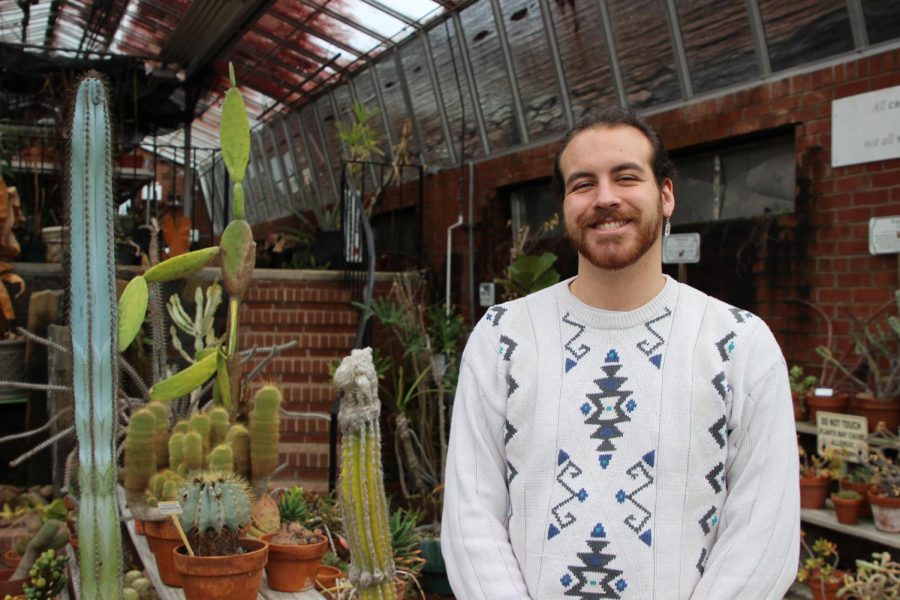Major Spotlight: Environmental Science
February 1, 2023
GC may seem like a small and remote university tucked away in central Georgia but it offers much more than many realize. Most students, when asked, can name somewhere around 20 majors offered at GC. However, according to GC’s own website, there are over 40 majors offered to students.
One major that is less common among students at GC is Environmental Science. According to GC’s Fall 2022 Fact Book, of the 5,379 undergraduate students that enrolled, only 81 chose to pursue a degree in environmental science.
These lesser-known degrees sometimes go overlooked by prospective students who would actually thrive in the department. One reason for this discrepancy could be that the department descriptions are complex. This complexity is more easily understood by students who are actively pursuing the major already than those who are on the fence.
For example, on GC’s webpage that summarizes an Environmental Science B.S., one sentence states, “The Bachelor of Science in Environmental Sciences prepares students to explore the interrelationships between human and natural systems and to think critically and analytically in order to solve the environmental problems facing our society.”
This is all important information, but it may be intimidating to a high school senior who is unsure what they truly wish to pursue in life.
One excellent way to get a better idea of what a degree program has to offer is to talk to a student of that department, particularly an upper-level student who has taken many different courses that the program has to offer and knows their major very well.
One such student of environmental science is Henry Sadler. Sadler is a senior environmental science major who has interests in both the science/research side of the degree and the policymaking aspects. Despite having interests in both of these fields, Sadler has chosen to concentrate on the scientific and research sides of his environmental science major. His sureness in his future was not always so certain, though.
“Ironically, in high school, I was a drama kid,” Sadler said. “I wasn’t really good at science, but I really liked nature a lot, and I decided drama probably wasn’t the right thing for me to do in college.”
Even after settling on environmental science, Sadler did not know what path he wanted to pursue right away.
“I’m more on the science and research side, although initially, coming into college, I wanted to go into like policy and work with like the EPA [Environmental Protection Agency] and such,” Sadler said. “My freshman year, I was with the environmental science club, and I was also with Young Democrats because I wanted to go more into policy.”
However, as a senior at GC, Sadler can look back at his time and point out the cornerstones that got him on the path he’s on today.
In his first semester of freshman year, Sadler took an introductory biology course required for his degree- BIOL 1107. He believes that to be the lowest grade he’s made in a course his entire college career.
“It was definitely a weeding class,” Sadler said. “I got a D in that class and that definitely made me second guess my major a little bit, but I think that the main reason that happened was that I hadn’t become situated with enough people to be more vocal about being in study groups.”
This just proves the importance of having connections within your department. Whatever major a student may choose to pursue, having peers to lean on and work with makes almost any project easier. Meeting people was one of Sadler’s biggest pieces of advice to freshmen.
“Meet people in your class,” Sadler emphasized. “I really class friendships, and even if it’s just study groups, they can take you a really long way. Talk to your professor, go to office hours, send emails, and always put your first name in the e-mail, or they’ll forget who you are.”
Sadler went into his college career uncertain of exactly what he wanted to do with his life and unsure if environmental science was even the right fit for him. But he stayed and now knows he wants to work in conservation and forestry.
After talking to a seasoned student in any department, it is much easier to understand what the degree entails and what opportunities are available. Environmental science, for one, goes so much further than just appreciating the beauty of nature.




